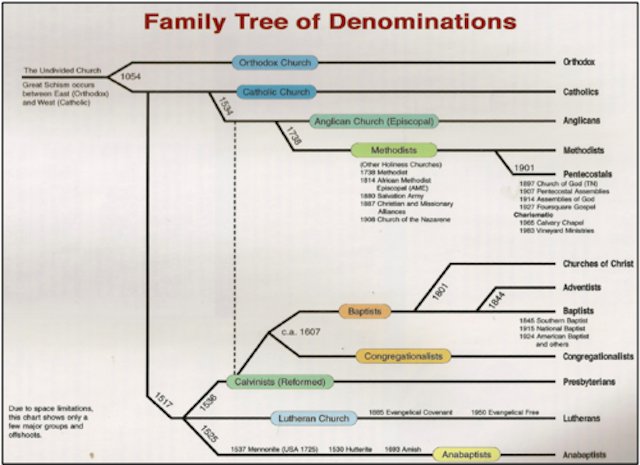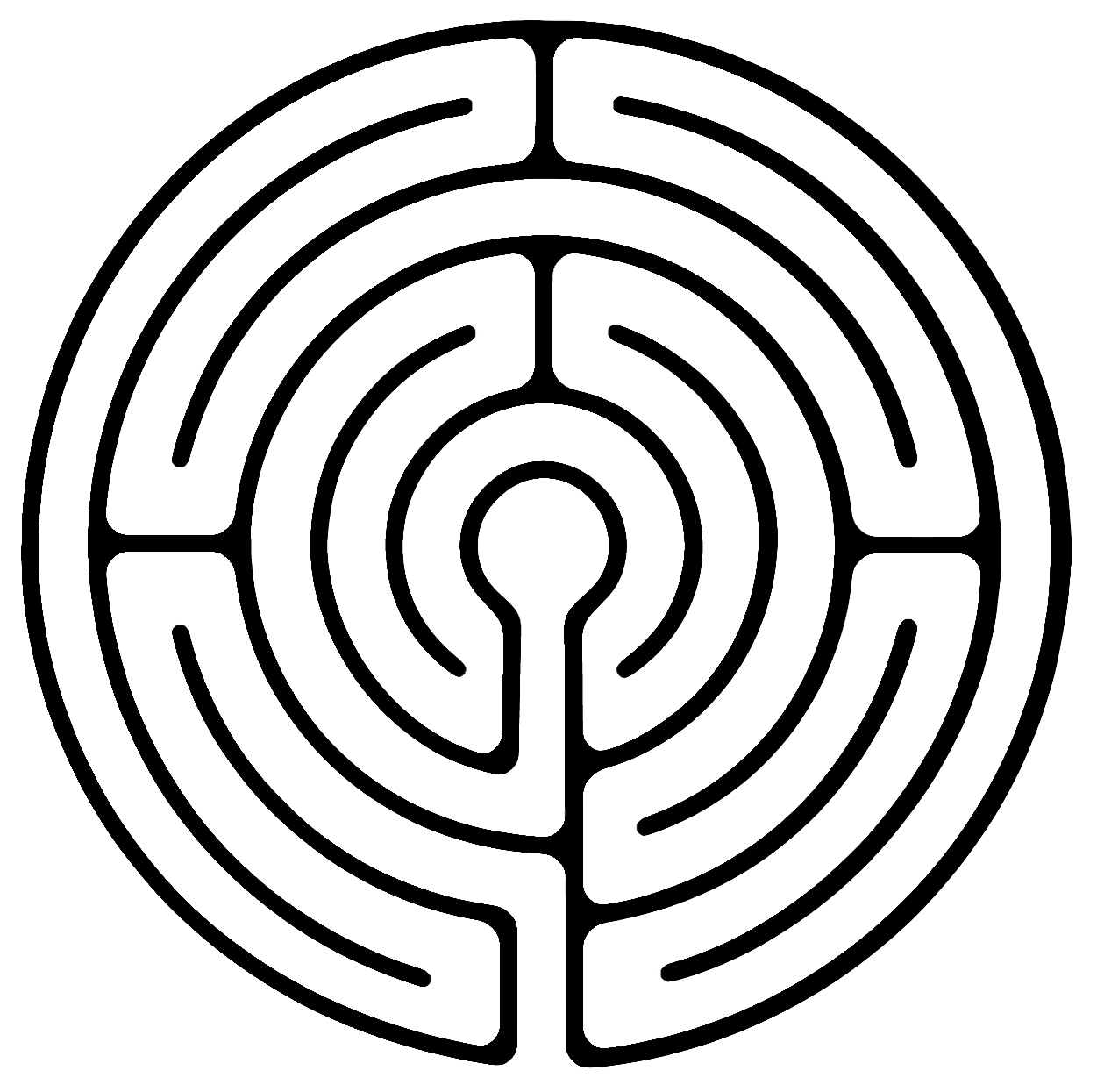Not true. Methodists do not put tradition on a par with scripture. Anglicans are all but apostate at this point, so maybe that explains their problems. But, no, Methodists don't believe this.
I was born and raised in the UMC. My grandparents founded the Methodist church I attended and which instructed me for the first twenty-four years of my life. For almost ten years, I was the assistant sexton, so I can assure you, Methodists do not believe tradition is the same as inspired scripture.
And, in case you don't believe me, here is a link to the text of a sermon by a Methodist pastor:
Despite what you’ve heard, faithful Methodists believe in “sola scriptura” | Rev. Brent L. White (revbrentwhite.com)
Correct. The Bible, being the highest authority, is the ultimate arbiter. But this does not negate the authority of lesser sources.
Nope. Not Bible alone. Bible first, Bible highest, but not Bible alone.
You don't seem to get what I wrote.
If you want to know what Sola Scriptura means, you want to look at where its founders defined it or where that term has been formally defined.
Luther and Lutheranism defined it to mean that the only rule deciding on teachings is the "Scripture alone", Sola Scriptura, as I quoted.
You wrote back to me me, "Bible first, Bible highest, but
not Bible alone." This is why I write that you don't seem to get that Sola Scriptura = Bible Alone.
Methodism teaches that the Bible is the Highest, ie. Prima Scriptura, which is what Anglicanism teaches, not Lutheranism.
The source you quoted, Rev. White, says that they got their idea from the Anglicans, which teach Prima Scriptura.
If you still want to say that the Methodists teach Sola Scriptura, you would need statements by the main, leading Methodists like Wesley or UMC Declarations that specifically say that they follow "Sola Scriptura". And even if they did, and they used it to mean just Prima Scriptura, then they would be creating a Second, nonLutheran meaning for "Sola Scriptura."
That goes for what Rev. White says. He says in his article that Methodists teach Sola Scriptura, and then he cites places they teach that the Bible is the highest authority but don't specifically say "Sola Scriptura."
When you go check the places where Sola Scriptura is formally doctrinally defined, it means something far different than what you and Rev. White say it means.


